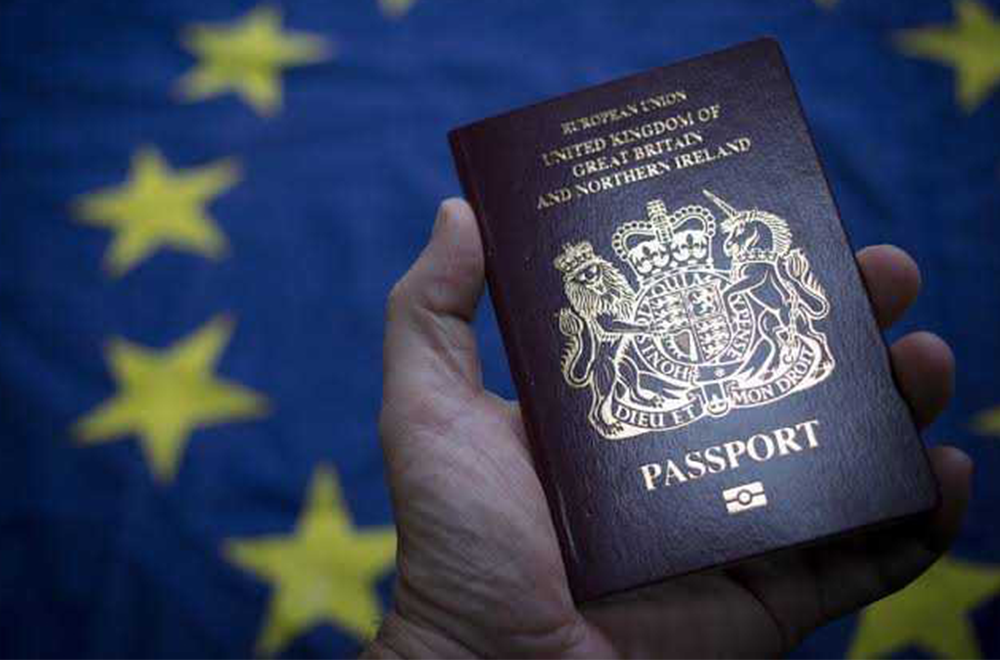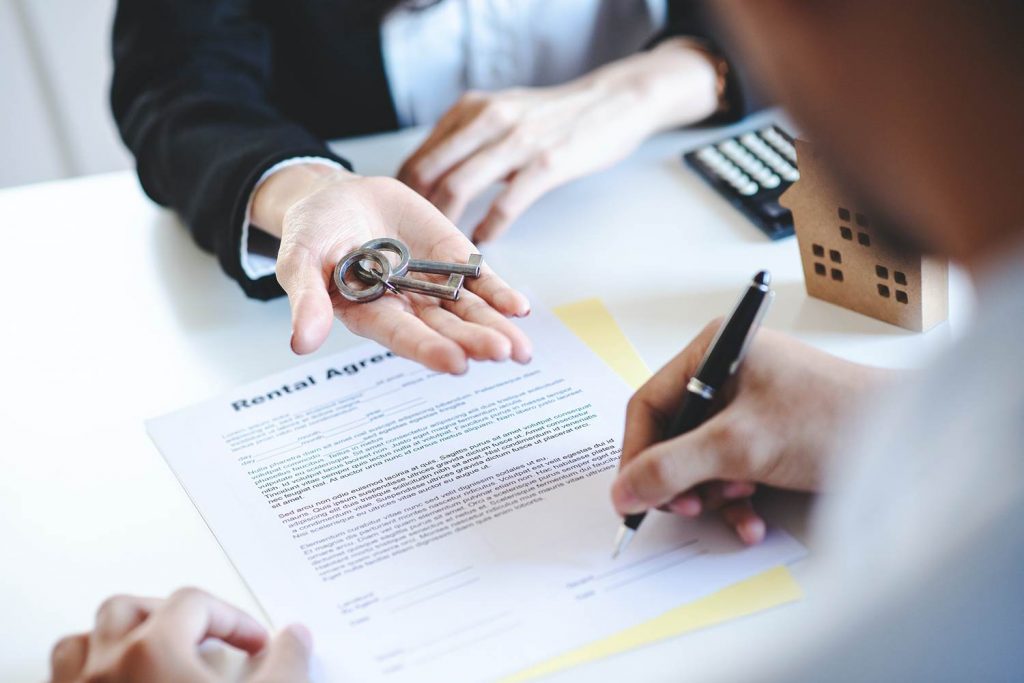Dual citizenship is also known as dual nationality. It means that you lawfully hold the citizenship of two or more countries. The UK legally allows dual citizenship – you can keep citizenship for your origin country while simultaneously applying for British citizenship as a second nationality.
Every country has their own immigration laws, and some do not allow dual citizenship. It is possible that your country of origin does not allow dual nationality. We recommend you check this before applying for dual citizenship in the UK. However, The UK has no such restrictions – it has no limit on the number of other citizenships a British national/citizen can hold.
This blog covers certain facets of dual citizenship in detail, its eligibility criteria and the application process.
Do You Qualify for Dual Citizenship?
The first step is checking your own status as an applicant for dual citizenship. There are several ways you can obtain British citizenship. While you may automatically acquire citizenship at birth, naturalisation, and/or registration are other ways of going about it.
UK citizenship obtained through the Naturalisation process further enables you to enjoy benefits in health care, employment and social security like any other British Citizen.
Eligibility Criteria for British Citizenship
The following are requirements that need to be satisfied for you to apply for British citizenship:
- You have been living in the UK for five consecutive years or have been married to a British citizen for three years.
- You do not have any immigration limitations and have held this title for the past 12 months. This title is achieved by having Indefinite Leave to Remain (ILR), an EU settled status or having been married to a UK citizen. As a spouse to a UK citizen, you must not have any immigration restrictions at the date of application.
- You have been physically present in the UK for five whole years prior to your application for British citizenship (or three years if you are married to a UK citizen). You will have to provide evidence of your presence in the UK.
- You have not stayed outside of the UK for more than 90 days in the last 12 months.
- You have not been outside the UK for more than 450 days in five year period of your residence in the UK. For individuals married to a UK citizen, the number of days outside the UK is not more than 270 for three years.
As a commonwealth citizen, you may be eligible to apply for British citizenship through the “Windrush Scheme.”
Other qualifications for British citizenship
- You are aged 18 or older.
- You have good character and are full of capacity.
- You have no intention of leaving the UK after the naturalisation process
- You have passed the “Life in the UK” test prior to filing for a dual citizenship application.
- You have a B1 level in the English language proficiency with evidence to prove your level (e.g. a degree you researched or was taught in English)
The Application Process for British Citizenship
Firstly, for a successful British Citizenship application, you must check your own status and assess if you meet the eligibility criteria mentioned above.
Generally, the process entails the online application and its payment, followed by uploading supporting documents and booking a Biometric appointment in person. The Home Office cost for naturalisation is £1,330 (including the £80 citizenship ceremony fee). For biometric enrolment, and additional £19.20 is required.
Once your application has been approved, you will be issued a Citizenship Invitation letter. Your citizenship ceremony must take place within two weeks (14 days) of receiving the letter. In addition, the ceremony should take place within three months of your naturalisation. You will not become a British Citizen until the completion of the citizenship ceremony. At this ceremony, you will be given your naturalisation certificate and declared as a Citizen of the United Kingdom. After this, you can start applying for your British passport.
Key Points to Consider While Applying For British Citizenship
- Please check with your home country if its law allows dual citizenship. If it is not permitted, you will have to give up the nationality of your home country when you naturalise to obtain British citizenship.
- Check the eligibility criteria for British citizenship to see if you qualify for it.
- Use the correct application form.
- If British citizenship is a mandatory requirement, please inform your country of origin that you are applying for British citizenship
Dual Citizenship for EU nationals
As a European citizen applying for EU settled status, your citizenship will not be impacted. But bear in mind that Settled Status is not equivalent to citizenship. For British Citizenship, EU nationals should fulfil all the requirements of Naturalisation when they choose to apply.
Surrendering Your British Citizenship
If you are a citizen of the UK applying for citizenship to another country that does not allow dual citizenship, you may have to give up your British citizenship. Please seek advice from one of Royce Legal Solicitors immigration solicitors before deciding to renounce your citizenship.
Conclusion
Applying for dual citizenship is a straightforward process granted your country of origin allows dual citizenship. This is of the utmost importance otherwise, you may have to renounce your national citizenship to obtain British Citizenship. The guidance provided above should be carefully considered before submitting an application or making a decision to apply for naturalisation. We recommend that you seek assistance from immigration experts, like ourselves to guide you through the entire process. Please don’t hesitate to contact us at 01706 655 592 for a free initial consultation.













